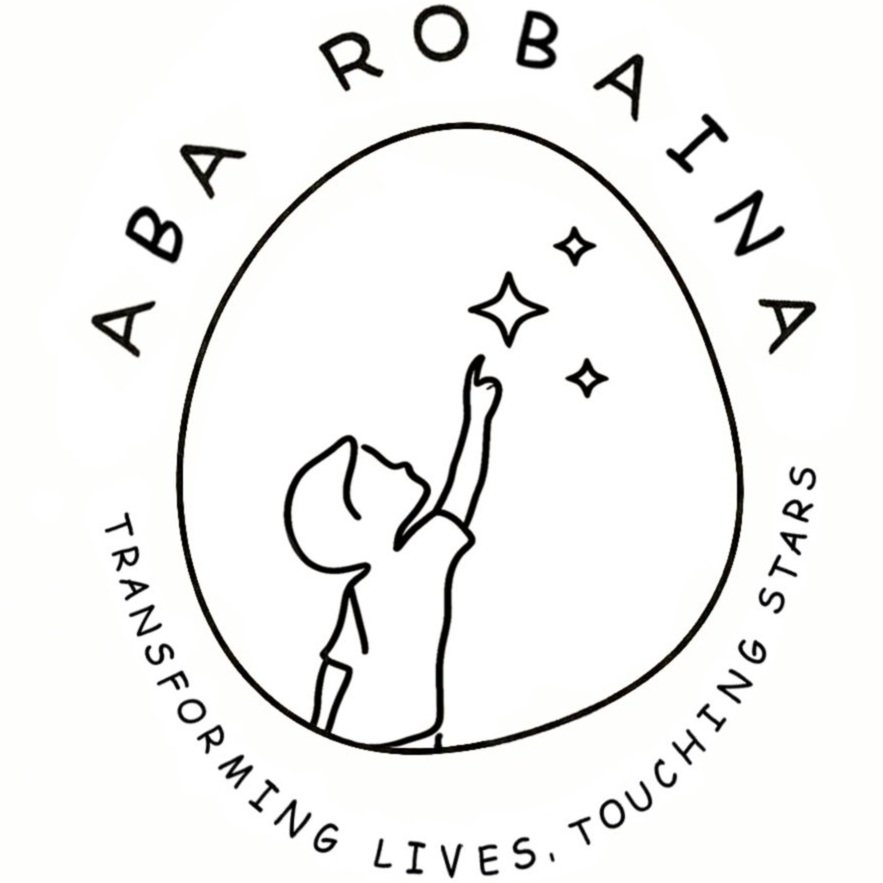Am I On The Spectrum? 3 Common Signs of Autism
As the name makes clear, autism spectrum disorder (ASD) exists on a spectrum. Generally, the signs of autism are difficulty understanding social conventions and emotional cues, experiencing sensory overload, and engaging in repetitive behaviors. Our culture has a predetermined idea of what autism is supposed to be. These expectations, popularized through media, paint a very unrealistic picture of the condition.
People sometimes expect someone on the spectrum to be nearly non-verbal or have extreme difficulty saying more than a few words while having extraordinary IQ, memory, or abilities in disciplines such as mathematics. Basically, when they think of autism, they imagine a savant who throws hard-to-understand tantrums. This idea rarely meets reality, where the condition can be subtle and well-managed. Neurodivergent people are often social, well-functioning, and accomplished.
Autism awareness has increased dramatically in the past decade, and an estimated 5,437,988, or 2.21%, of the U.S. adult population living with autism. Because of the prior lack of understanding, many people lived with conditions that were assumed to be different. Signs in childhood, later expressed in quieter forms in the teenage and adult years, may indicate you or a loved one is on the spectrum.
Florida, too, is one of the states with the highest adult autism population, estimated at 329,131. This blog will cover some common signs of autism spectrum disorder diagnosis.
1. Difficulties in Social Situations
While a broad umbrella, not understanding social cues is the hallmark of autism. There are as many social cues as words in the English language, so here is a list of some common traits exhibited by those on the spectrum.
You find making or maintaining eye contact difficult.
You are overly literal, meaning you struggle to understand jokes, sarcasm, phrases, or figurative language.
You have difficulty with physical boundaries and don’t notice when you get too close or far.
Others say you can be rude or aggressive, which surprises you.
Finding the correct volume for speaking is a struggle. You need help to figure out a conversational tone or match yours to the tone of a conversation.
You find small talk unbearable and need help to engage.
You have few friends and find making new ones to be complicated. People don’t respond to you how you expect and abruptly end conversations.
You feel anxiety around social situations and get overwhelmed if too many conversations are happening.
You have niche interests or habits that people your age believe to be hyper-specific or age-inappropriate.
You struggle with new things and changing situations, preferring routines. Preferring set plans, you struggle when conditions change and schedules aren’t solid.
If you have noticed some or most of these happening, it could hint that you are on the spectrum and don’t realize it!
2. Sensory Difficulties
Another hallmark of autism is experiencing sensory input differently. Neurodivergent folks tend to notice stimuli that others don’t. Sights, noises, and movements can all be off-putting and distracting, also known as hypersensitivity. The following are some common sensory issues associated with ASD.
You find loud noises and bright lights uncomfortable and crave quieter settings. You might even catch yourself covering your eyes or ears.
You crave certain tactile sensations, meaning you want to touch certain textures.
You avoid crowds of people, bars, concerts, or other settings with many sensory experiences.
You notice details others don’t, like smells or small patterns.
You are a picky eater with a limited food palette and need help to eat outside your comfort zone due to either taste, texture, or lack of familiarity.
You engage in repetitive movements with hands, objects, and facial tics to relieve stress or block out unwanted stimuli.
You’ve experienced sensory overload before, where you become so emotionally or physically overwhelmed that you must spend time alone, separating from whatever social function you attend.
3. Past Signs of Autism
The behaviors associated with ASD manifest most strongly during infancy and childhood. In the autism therapy field, the concept of early intervention is essential because the sooner a child starts working on coping mechanisms to handle the world, the sooner they will master healthy behaviors which can help them thrive. You may have noticed or heard about some of the signs of autism in yourself or your loved ones.
You experienced a delay in learning the language. By 12 months, infants with ASD say few or no words; by 24 months, they might not use two-word phrases.
You showed little interest in communicating while young, neither emoting nor explaining behaviors well. This may have led to delayed completion of potty training.
You preferred pointing at objects rather than asking for them.
You may have exhibited echolalia, or the meaningless repetition of words and phrases, past the age of learning language.
You threw tantrums when your requests weren’t understood or carried out.
You’ve always had a limited circle of friends, preferring playing or spending time alone.
These are development benchmarks of autism that went overlooked and untreated in the past. Luckily, autism awareness has given people the power to notice and grow in positive directions, learning healthy behaviors that help them professionally and interpersonally.
